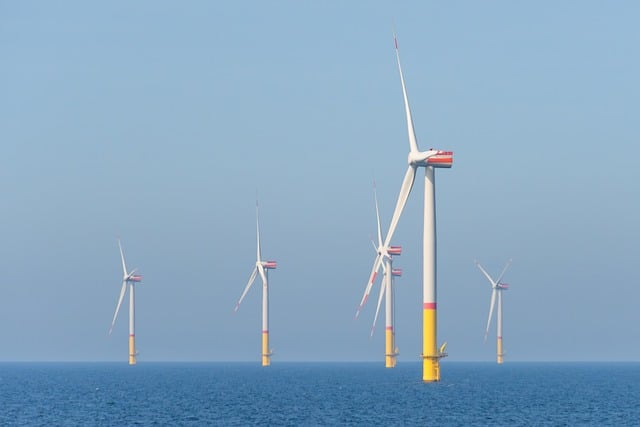As the world increasingly grapples with the urgent need for sustainable development, new technologies are emerging as beacons of hope. Among these advancements, fuel cell technology stands out as a transformative force in reducing our ecological footprint and facilitating the transition toward carbon-neutral solutions.
Fuel cells operate by converting chemical energy directly into electrical energy through an electrochemical reaction, often using hydrogen as a primary fuel source. This process results in clean energy production that emits only water vapor and heat, thereby offering a remarkable alternative to conventional fossil fuel systems that generate harmful emissions. By leveraging this cutting-edge technology, we can significantly curtail greenhouse gas emissions and make substantial strides in our fight against climate change.
Integrating fuel cell technology in various sectors—from transportation to residential energy solutions—provides a pathway for greener technologies to flourish. For instance, fuel cell electric vehicles (FCEVs) have emerged as a promising replacement for traditional gasoline-powered cars. They not only produce zero tailpipe emissions but also offer greater efficiency, leading to a dramatic reduction in air pollutants and fossil fuel consumption. This shift is a vital step toward a sustainable transportation ecosystem, serving both individual and collective needs while lessening our overall ecological footprint.
The commitment to sustainable development also extends to energy generation. By incorporating fuel cell systems into our electricity grids, we can enhance energy security and reliability while minimizing environmental impacts. These systems can efficiently store renewable energy generated from sources such as solar and wind, transforming it into a steady power supply even during periods of low production. As energy companies invest in green technology, the potential for fuel cells to serve as a bridge between fluctuating renewable sources and stable energy demands becomes increasingly evident.
Another compelling aspect of fuel cell technology is its role in promoting circular economies. By supporting the use of hydrogen produced from renewable resources (such as electrolysis using solar or wind energy), we can establish a closed-loop system that not only utilizes waste products effectively but also regenerates energy within sustainable parameters. This not only minimizes ecological footprints but also adheres to principles of resource conservation, ensuring that our growth does not come at the cost of environmental degradation.
Furthermore, as governments and organizations worldwide set ambitious net-zero targets, the integration of fuel cell technology into decarbonization strategies becomes crucial. By investing in and developing infrastructure to support hydrogen production, distribution, and utilization, we can create a more resilient and environmentally friendly economy. Policymakers must recognize the pivotal role that clean hydrogen can play, not just as a fuel but as a versatile energy carrier, essential for various applications—from industrial processes to residential heating.
The journey towards sustainable development and a reduced ecological footprint is undeniably complex, but with innovations like fuel cell technology, we have a remarkable opportunity at our fingertips. By embracing these advances and advocating for their widespread adaptation, we can build a future that honors our planet and secures a healthier environment for generations to come. Let us harness this potential and propel ourselves towards a greener, carbon-neutral world, driven by the power of clean, reliable energy solutions.




